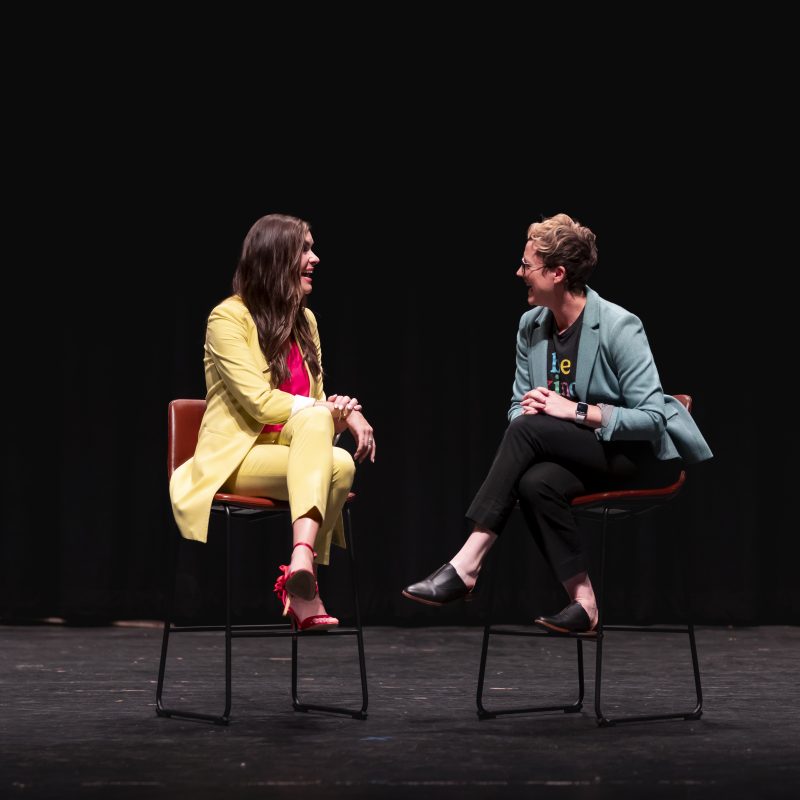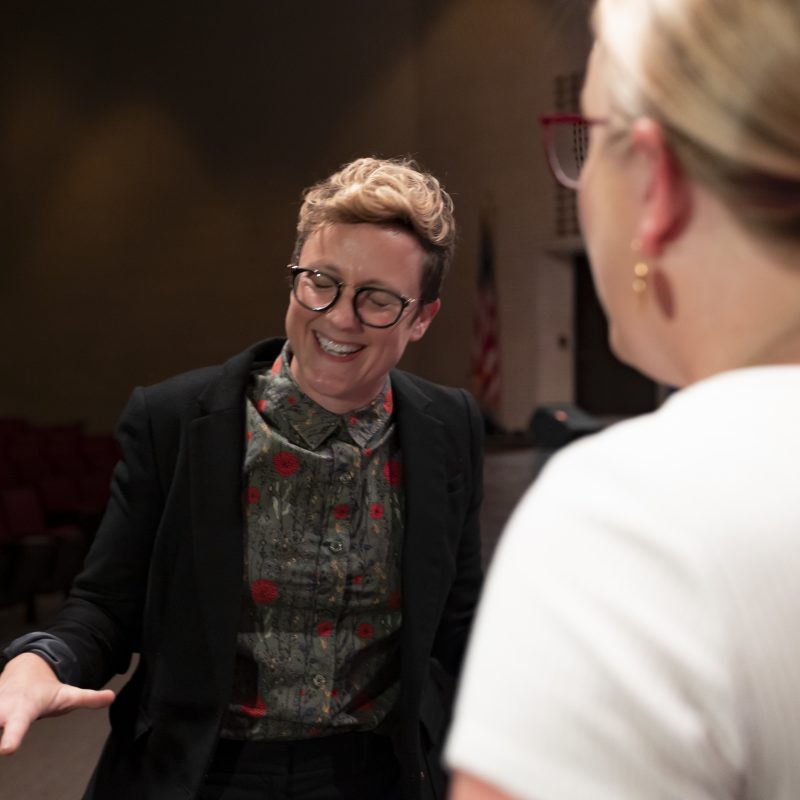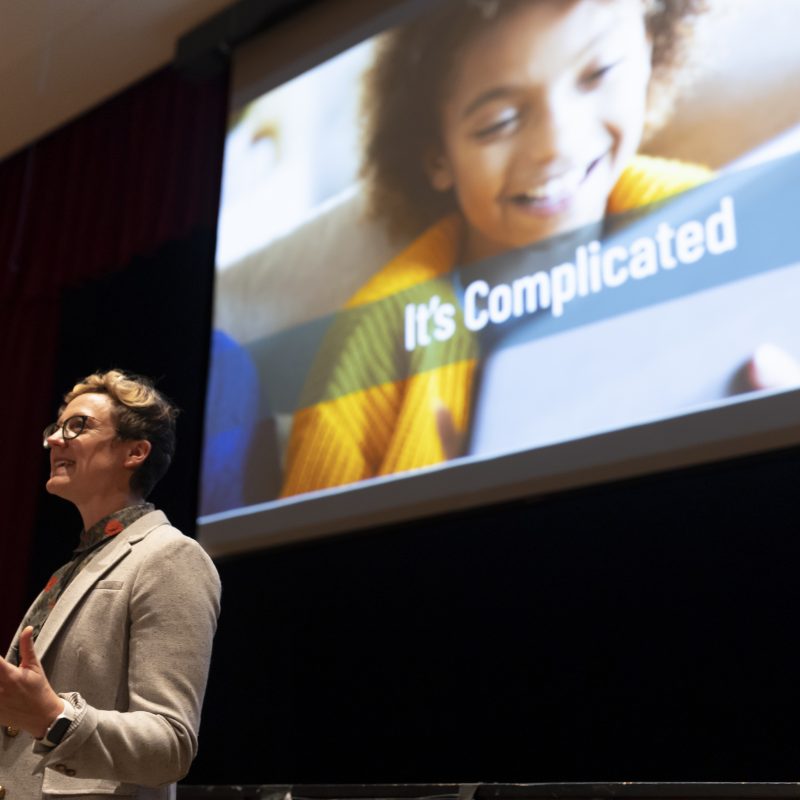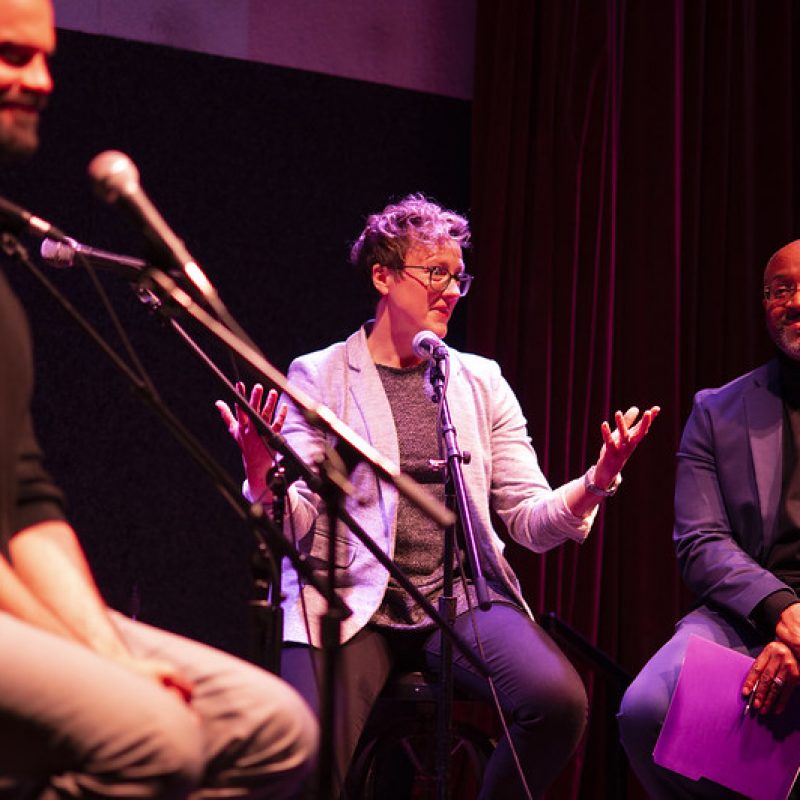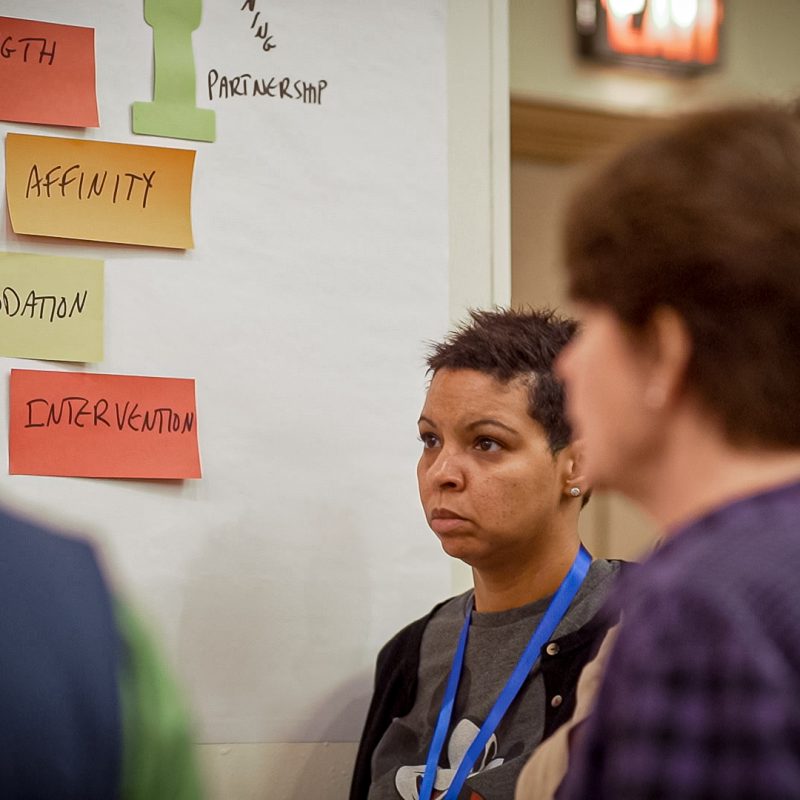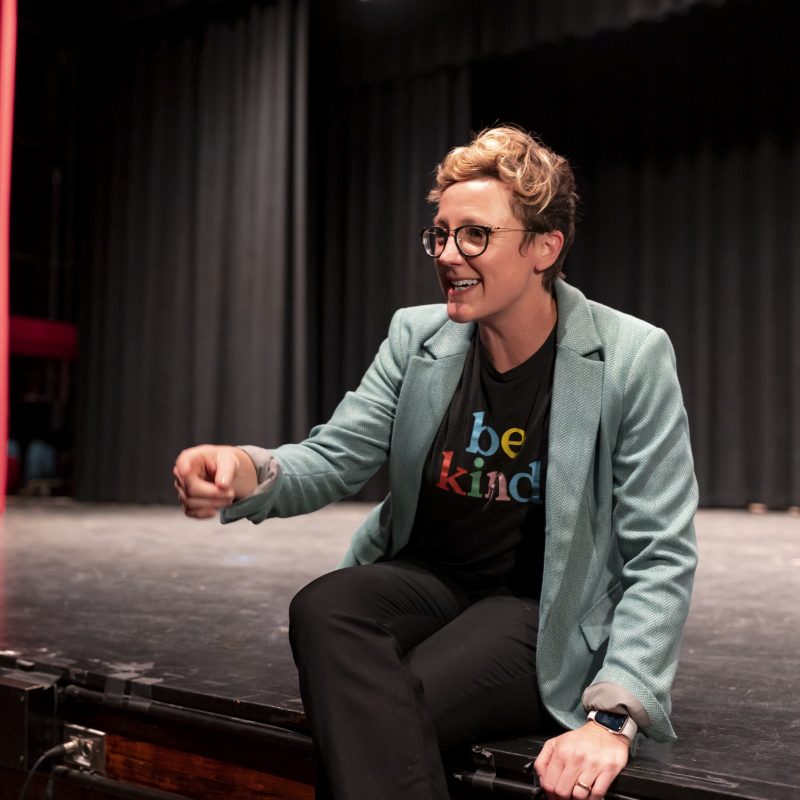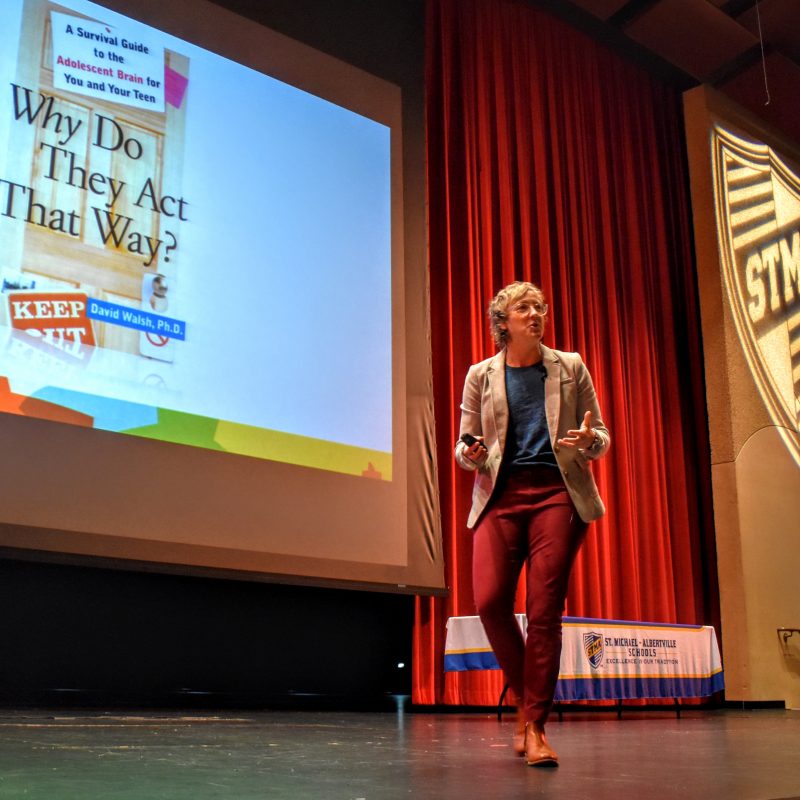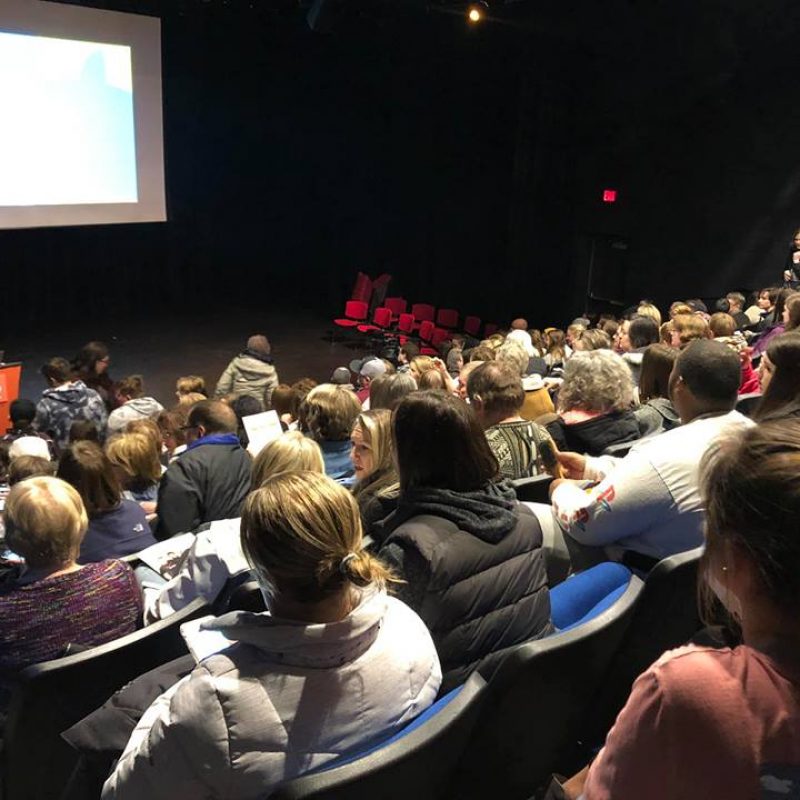“I felt cradled in the warm arms of well translated, organized science I can implement immediately!”
Sarah Hernandez, Educator
Trusted by school districts and organizations across the country
Featured Talks
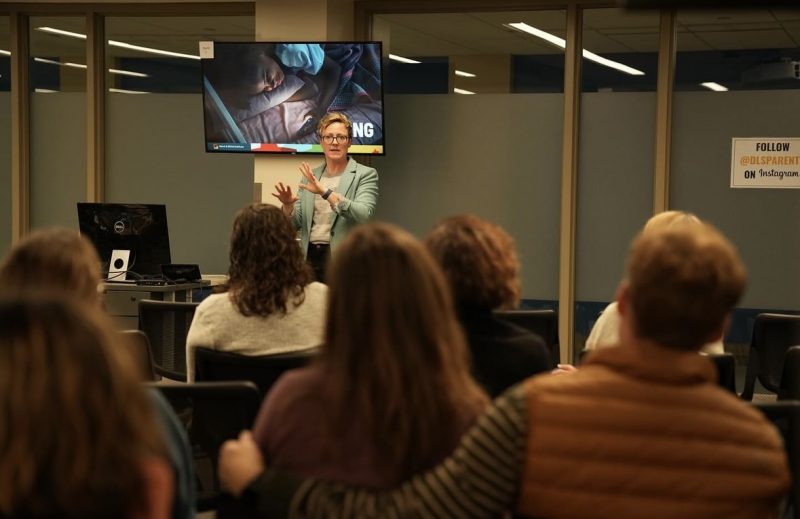
It’s Complicated: Kids, Screens, and Mental Health
In this interactive and energizing talk, Erin Walsh cuts through the noise with a refreshing blend of brain science, relatable storytelling, and humor. Discover what truly matters when it comes to technology and teens, especially around top concerns like anxiety, depression, overuse, body image, and attention. Learn how to transform your relationship with teens around screens—not just to help them navigate online risks but to foster digital well-being.
From Apps to Laps: Screen Time in Early Childhood
Families and educators receive conflicting advice—some companies promise that media can boost children’s intelligence, while experts urge parents to limit screen time. In this engaging talk, Erin Walsh uses science, stories, and humor to cut through the confusion about screen time in early childhood. Let go of screen time shame and discover practical strategies to support healthy development—both online and offline.
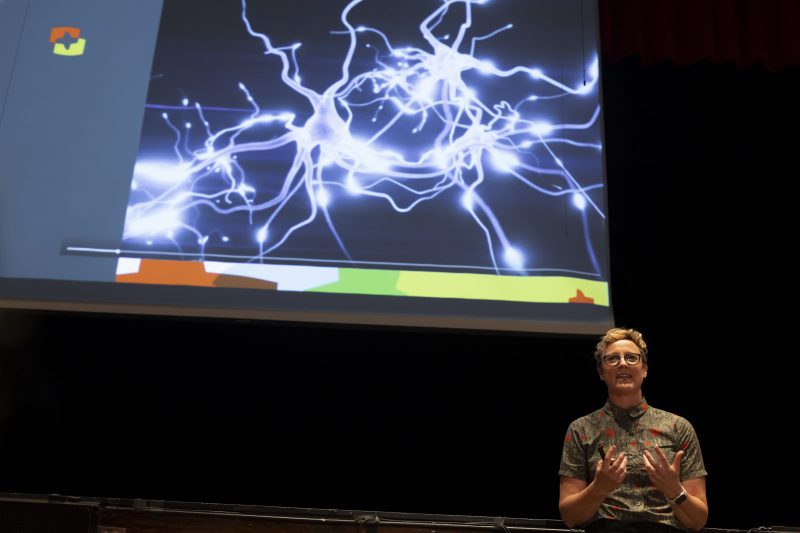
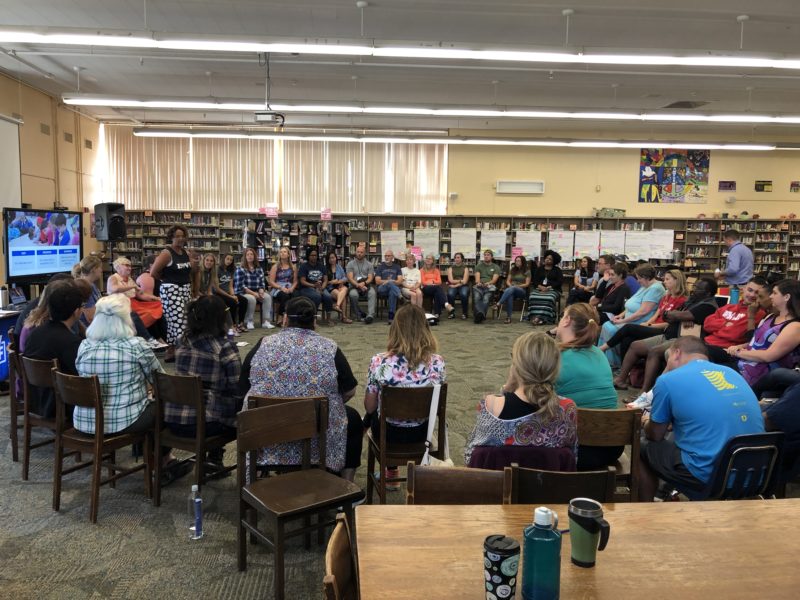
Why Do They Act That Way? A Compassionate Guide to the Teenage Brain
Based on the best-selling book, Erin unpacks what happens in the adolescent brain as it transitions from childhood to adulthood. Delivering the latest science in easy-to-understand language, Erin Walsh reveals why moodiness, risk-taking, and miscommunication are so common—all are linked to physical changes and growth in the adolescent brain. Get practical advice, reassuring guidance, and discover what teens need to thrive.
“Amazing! Erin is so real and relatable. I could have listened to her for hours!”
Myra Samuels, Parent
Additional Popular Tech Topics
iBrain: Learning in an Age of Distractions
Attention is one of our most precious and valuable resources. In this workshop, Erin Walsh unpacks the brain science of attention, memory, and multitasking in today’s digitally connected world. Explore the distraction economy, understand the seeking brain, and gain practical strategies for helping young people build focus as they navigate homework, YouTube, texting, and social interactions.
Courage Wins: Conflict and Cruelty Online
While bullying has long been a painful part of growing up, today’s digital world lowers the barriers and raises the stakes. But cyberbullying doesn’t exist in a vacuum, and the solution isn’t as simple as taking away devices. Discover how to help kids navigate online drama, disrupt bullying behaviors, and practice emotional courage when it matters most.
From Control to Connection
Adults are worried about teens and screens and want to take action, but bans, rigid rules, and confiscating devices tend to backfire during adolescence. Get the latest evidence and discover the relationship-based strategies that actually buffer teens from risk – and unleash digital possibilities.
Additional Popular Social Emotional Development Topics
The Many Faces of Stress: Raising Resilient Kids
Children often express stress through challenging behaviors. Learn more about what stress looks like in kids and teens and ways to respond that build your family’s resilience instead of eroding it.
The Science of Motivation
Understanding the science of motivation can help us keep our eyes on how to nurture it in our kids – not just for the sake of getting more done but for everyone’s mental health and wellbeing.
Boundaries Without Battles
Learn more about why kids and teens need boundaries and how to be both flexible and firm when your kids need it most. Learn how to clarify your limits and follow through with consistency and care.
We don’t believe in a one size fits all approach. From conference keynotes to online workshops, we will tailor the topic and format to fit your audience.
1. Fill out the Book a Speaker form
2. We will get in touch with you to talk through details
3. Engage, learn, & enjoy!
Trusted by school districts and organizations across the country
“Erin Walsh is a very skilled speaker, I felt entertained, was never bored, and learned a ton.”
– Sayrah, Participant in Full Day Training
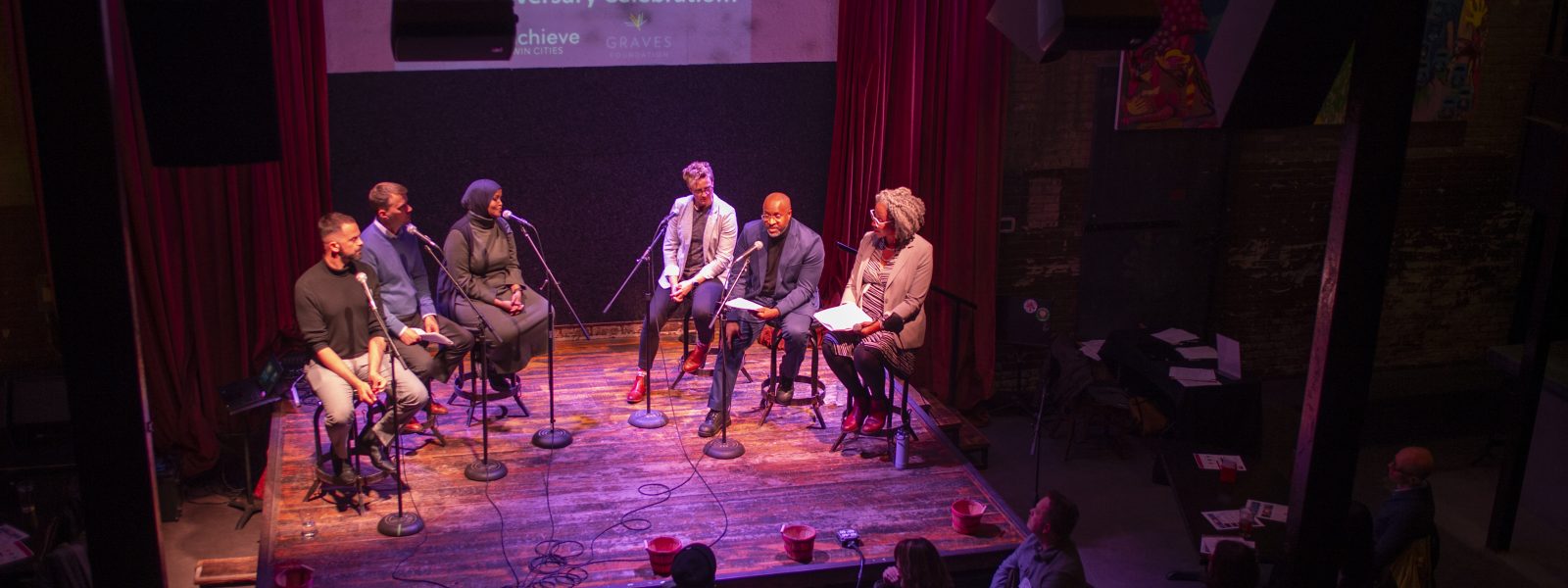
“Erin Walsh is a fantastic guest speaker and I recommend her without reservation. She knows her content and delivers it convincingly and tactfully. Her style is dynamic and methodical. The audience found her to be highly engaging. If you are considering Erin for your events I have full confidence that you will be as pleased as I am.”
– Adam Seaman, Director, Youth Philanthropy Initiative




















